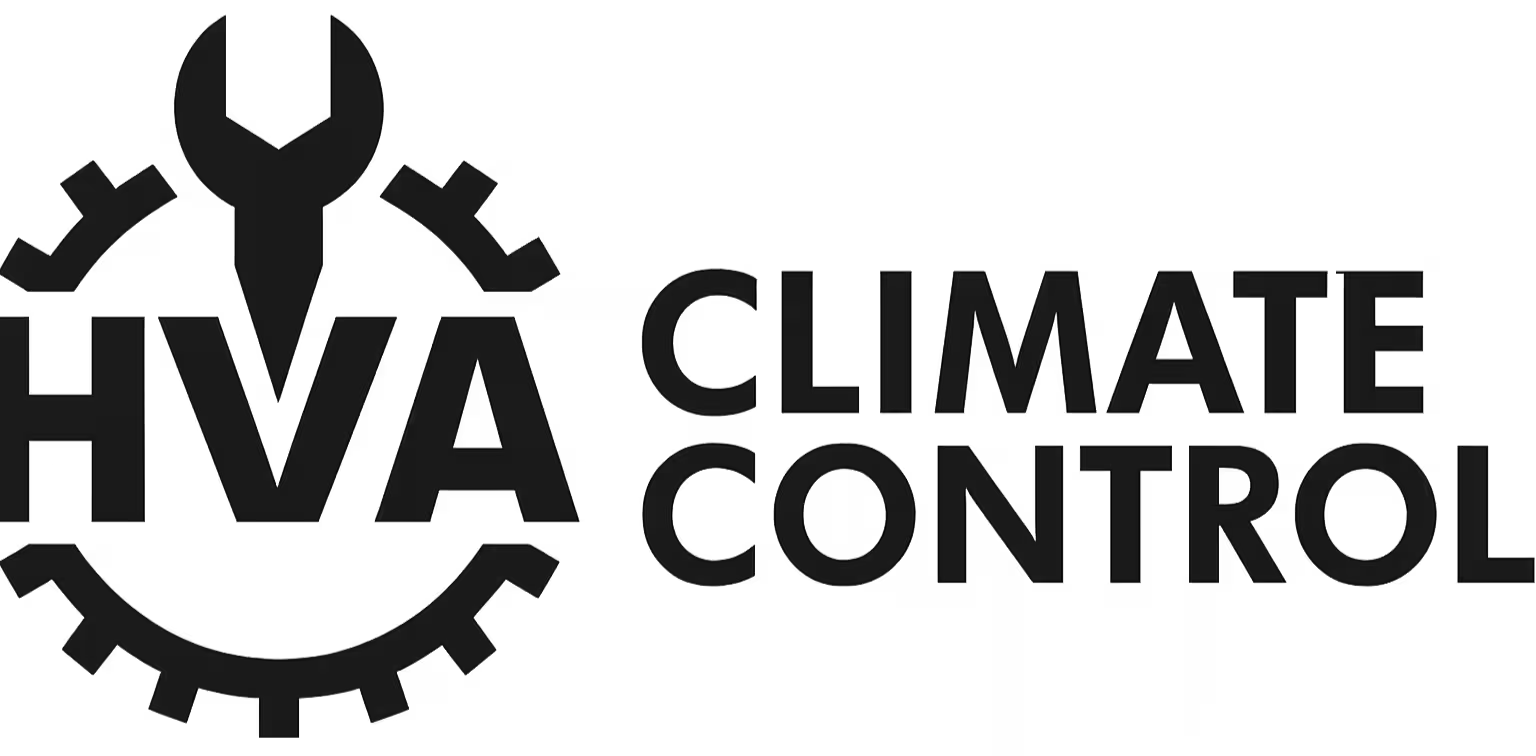Introduction to Gas Furnace Installation
Gas furnace installation involves connecting a high-efficiency heating system to a home’s ductwork and gas supply. This process requires detailed planning, precise measurements, and technical expertise to ensure safety and performance. Homeowners must consider the optimal furnace size based on their space requirements and energy efficiency needs.
Key steps include:
- Evaluation of Space: Properly assessing home size and insulation for accurate furnace sizing.
- System Placement: Deciding on the installation location for proper airflow and venting.
- Connecting Components: Hooking up electrical wiring, gas supplies, and duct connections securely.
Professional installation ensures compliance with safety codes, reducing risks and improving long-term efficiency.
Benefits of Choosing Expert Services for Furnace Installation
Professional installation ensures the furnace operates at peak efficiency, minimizing energy waste and lowering utility bills. Experts bring the experience to handle various models and brands, ensuring compatibility with existing systems. Their precise setup avoids issues like improper airflow or uneven heating.
Licensed technicians follow local codes and safety standards, reducing risks of gas leaks or malfunctions. They also provide valuable insights, such as optimal thermostat settings and maintenance tips.
Homeowners gain peace of mind with warranties and post-installation support. Additionally, expert services often include a thorough system check, guaranteeing long-term reliability and comfort for your space.
Understanding the Types of Gas Furnaces
When choosing a gas furnace, it’s crucial to know the types available to match your home’s heating needs. Gas furnaces generally fall into three main categories based on efficiency and functionality:
- Single-Stage Furnaces: These operate with just one heat output level—full capacity. While simple and affordable, they may cause temperature fluctuations.
- Two-Stage Furnaces: Offering both high and low heat settings, these provide better temperature control and increased energy efficiency.
- Modulating Furnaces: With variable heat output, they deliver precise temperature management and maximize comfort.
Understanding these types can help in selecting the most suitable option for optimal heating performance.
Factors to Consider Before Installing a Gas Furnace
When planning to install a gas furnace, several essential factors require attention to ensure the system operates efficiently and fits your household’s needs.
- Home Size and Insulation: The furnace should meet the size and insulation requirements of your home. An oversized unit may lead to high energy bills, while an undersized one might struggle to heat the space.
- Energy Efficiency Ratings: Look for models with higher Annual Fuel Utilization Efficiency (AFUE) ratings to reduce operating costs and environmental impact.
- Fuel Availability and Costs: Verify local gas availability, pricing, and any associated installation or hookup fees.
- Ductwork Condition: Existing ductwork needs evaluating to ensure proper heating distribution. Faulty ducts can reduce performance.
- Budget and Maintenance: Consider initial costs and potential future expenses for upkeep and repairs over the furnace’s lifespan.
Energy Efficiency and Cost Savings with Modern Gas Furnaces
Modern gas furnaces are designed to be energy-efficient, making them an excellent option for homeowners aiming to cut down on utility bills. With advancements like variable-speed blowers and high-efficiency burners, these systems use less fuel while providing steady warmth.
Key benefits include:
- Higher Annual Fuel Utilization Efficiency (AFUE) Ratings: Many models boast AFUE ratings of 90% or higher, meaning less energy waste.
- Smart Thermostats Compatibility: Pairing furnaces with smart thermostats optimizes heating schedules, reducing energy consumption.
- Tax Rebates and Incentives: Some states offer rebate programs for upgrading to energy-efficient systems.
These innovations not only help homeowners save money but also contribute to a reduced carbon footprint.
Maintenance Tips to Extend the Life of Your Gas Furnace
Regular upkeep is key to ensuring a gas furnace remains efficient and durable. Here are a few simple but effective practices:
- Replace Filters Frequently: Dirty filters can reduce airflow and force your furnace to work harder. Swapping them out every 1-3 months helps maintain efficiency.
- Inspect for Leaks and Cracks: Small issues like gas leaks or clogged vents can escalate if ignored. Routine checks prevent major damage.
- Clean the Burners: Dust and debris can accumulate and affect performance. Scrubbing burners regularly keeps operations smooth.
- Schedule Annual Maintenance: A professional tune-up ensures all components are functioning correctly, catching potential problems early.
- Calibrate the Thermostat: Ensuring the thermostat is accurately set avoids overworking the furnace.
A little care goes a long way in extending its life!
Frequently Asked Questions about Gas Furnace Installation
- How long does installation usually take? The installation process typically takes between 4 to 8 hours, depending on the complexity and size of the furnace system.
- Is a permit required for installing a gas furnace? Yes, many local authorities require permits for gas furnace installation to ensure compliance with safety codes.
- What factors affect installation costs? Costs depend on the furnace size, labor fees, and any required modifications to ductwork or gas lines.
- Can the old furnace be reused or refurbished? Generally, replacing outdated furnaces with newer models is preferable for better efficiency and reliability.
- Should homeowners schedule regular inspections post-installation? Regular inspections ensure optimal performance, safety, and detect potential issues early.
Final Thoughts on Ensuring Optimal Heating through Expert Services
Choosing expert services for gas furnace installation plays a vital role in maintaining efficient and reliable heating. Professionals bring knowledge of the latest technologies, ensuring systems are installed accurately and adhere to safety standards.
Key Benefits of Expert Services:
- Safety Assurance: Proper ventilation and gas line connections reduce risks.
- Enhanced Efficiency: Experts optimize installation for maximum energy-saving performance.
- Long-Term Reliability: Proper setup minimizes breakdowns and extends the furnace lifespan.
Investing in professional services not only ensures comfort during colder months but also helps avoid costly repairs or inefficiencies caused by improper installation.
What our clients say
We treat every project with the care that deserves a 5 star rating, we hope to serve you with the same service quality.









